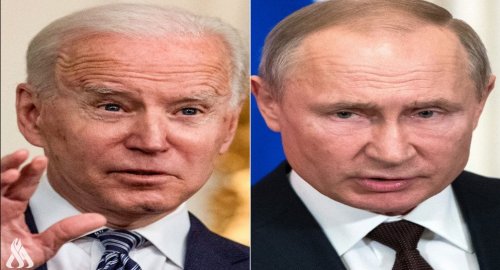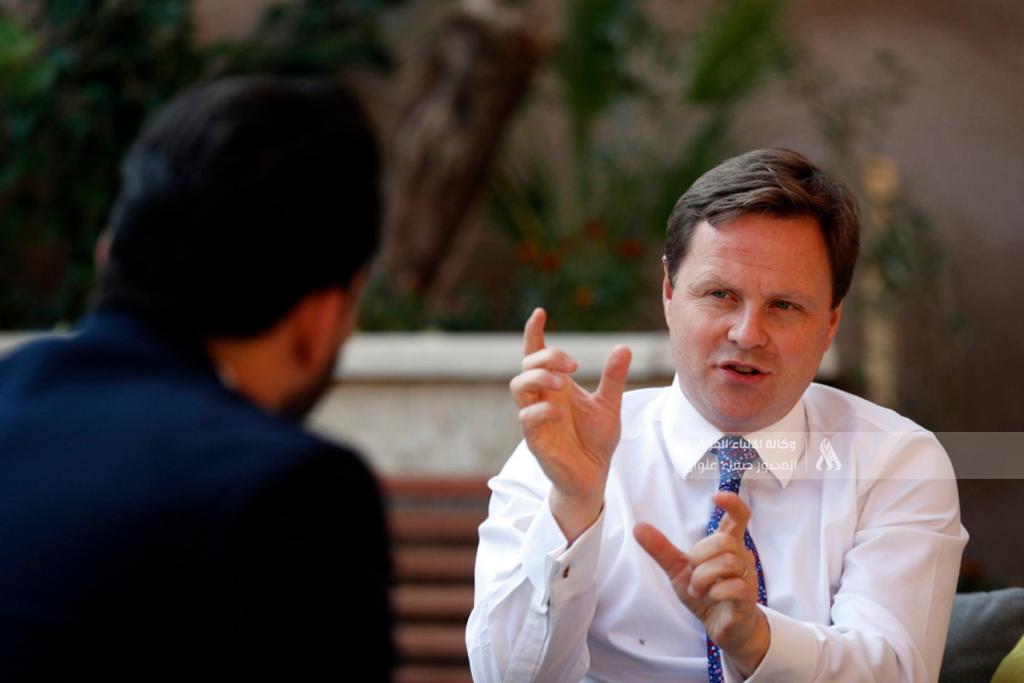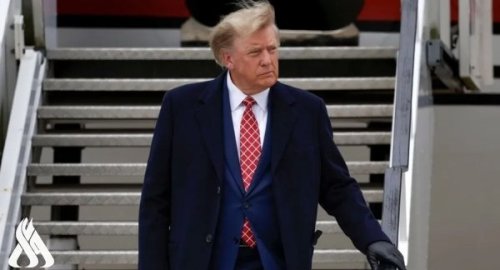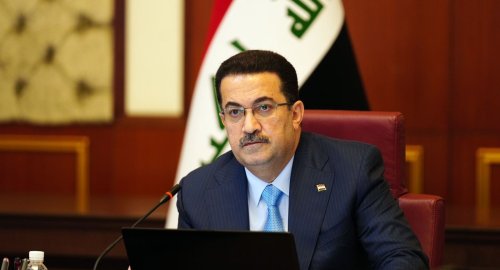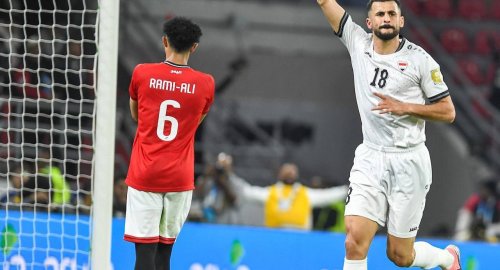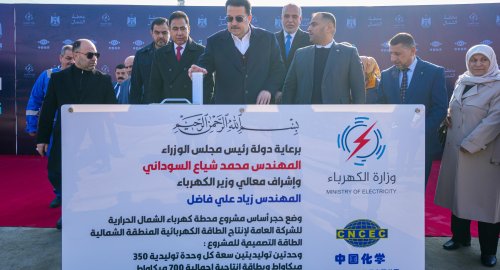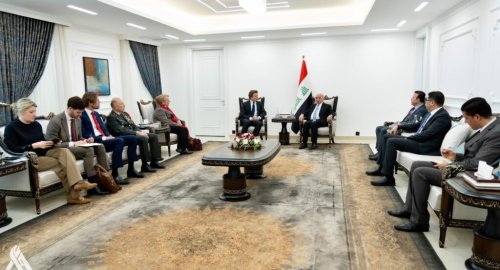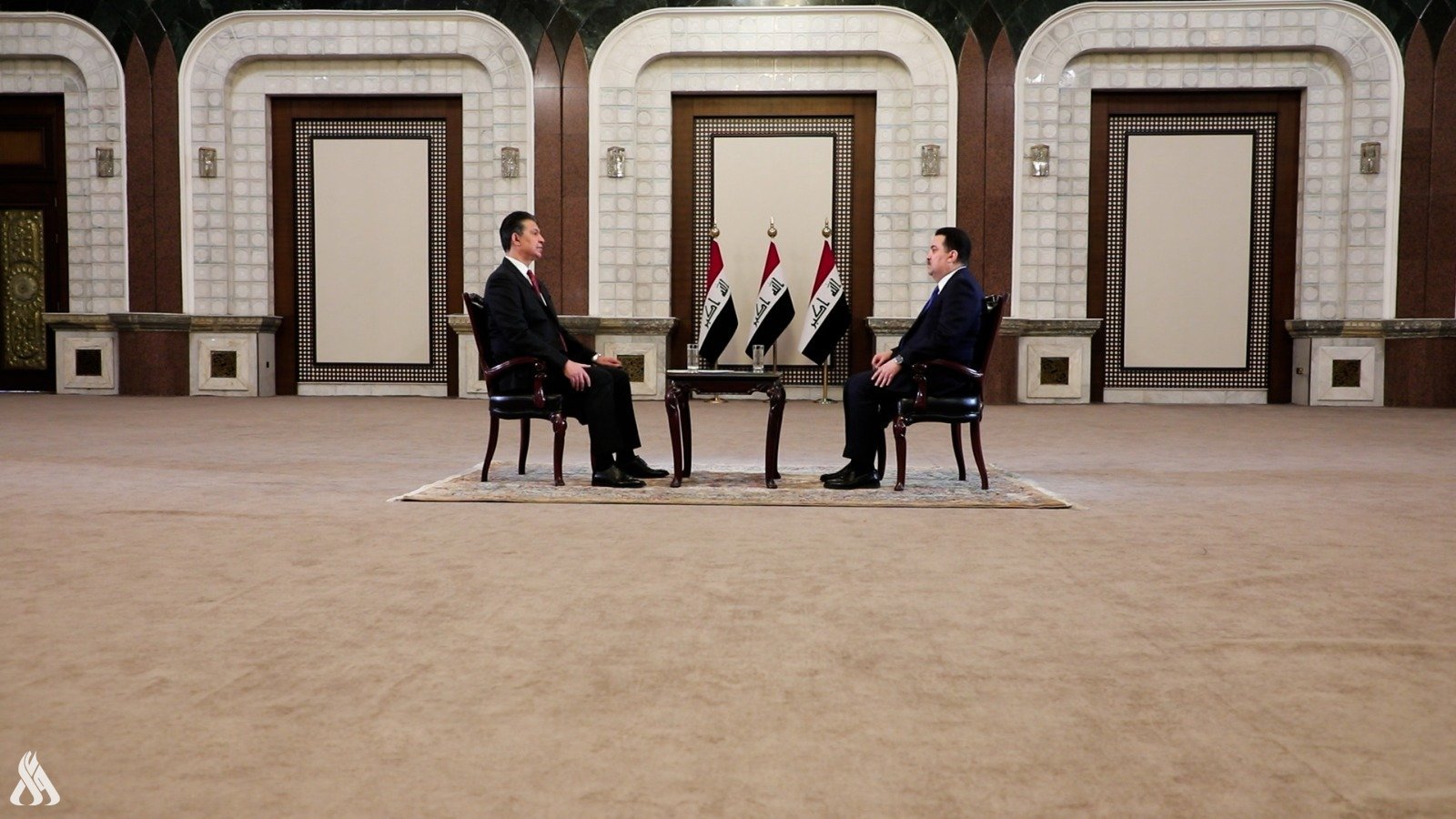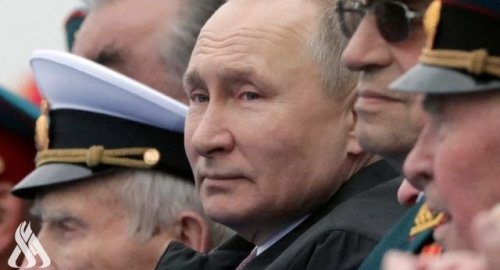
U.S., Russia to face off over Ukraine at U.N. Security Council meeting

- 31-01-2022, 09:45
INA-sources
World leaders are applying diplomatic pressure on Russia ahead of a series of meetings over the Ukraine crisis, including a United Nations Security Council session Monday that U.S. diplomats say will offer a chance for Moscow officials to “explain themselves” on the international stage.
British Prime Minister Boris Johnson is expected to speak with Russian President Vladimir Putin in coming days, and Secretary of State Antony Blinken and Russian Foreign Minister Sergei Lavrov will also probably speak again this week, a senior State Department official said, after earlier efforts by the top diplomats to reach a resolution were unsuccessful.
“Our voices are unified in calling for the Russians to explain themselves,” the U.S. ambassador to the United Nations, Linda Thomas-Greenfield, said of the United States and its allies on the 15-member U.N. security body, during an appearance on ABC’s “This Week” Sunday. Monday’s session provides an opportunity for officials to openly express their views, although it is unlikely to lead to any concrete action against Russia, which is one of five permanent members of the council and could veto any U.N. resolution, analysts say.
A diplomatic resolution to the crisis would need to include “Russia making the decision to pull their troops back and to come to the diplomatic table and talk with the United States, with the Ukrainians, with our NATO allies, about their security concerns,” Thomas-Greenfield said.
The latest round of talks come as key U.S. lawmakers say they could soon have a deal on sanctions meant to deter Russia from invading Ukraine and severely punish Moscow if it does — punitive measures that have found support on both sides of the political aisle. Britain will introduce legislation Monday paving the way for tougher sanctions that, according to officials, could include seizures of property in London owned by Russian oligarchs.
Sen. Robert Menendez (D-N.J.), chairman of the Foreign Relations Committee, expressed optimism Sunday during an appearance on CNN’s “State of the Union” that some sanctions could be approved before any Russian invasion of Ukraine. Sen. James E. Risch (Idaho), the committee’s top Republican, said the two parties had hit a sticking point over the Nord Stream 2 pipeline, which will carry natural gas from Russia to Germany when it is activated and is one of the more controversial sanctions targets, but he indicated that the differences were surmountable.
The Biden administration will brief all senators in a classified setting on the crisis in Ukraine on Thursday, a Senate aide said.
Meanwhile, President Biden is set to host Qatar’s emir, Sheikh Tamim Bin Hamad al-Thani, at the White House on Monday afternoon as U.S. officials work to shore up alternative energy sources for Europe, which relies on Russian natural gas exports, in the event that Moscow responds to potential sanctions by cutting off supplies.
Even as officials seek a diplomatic solution to the crisis, many are planning for the worst. Canada announced Sunday it was withdrawing all nonessential employees and remaining dependents from its embassy in Ukraine, following similar moves in the last week by the United States, Britain and Australia.
Canadian Defense Minister Anita Anand arrived in Ukraine on Sunday. She warned Russia would face “severe sanctions and consequences” if it doesn’t deescalate the situation, the Canadian Broadcasting Corp. reported. Senior officials from Britain, France, Germany and Poland are also expected to visit the country in coming days.
“We do not want war. We don’t need it at all. Those who are pushing toward it, especially those from the West, they are pursuing some self-serving false goals of their own,” the head of Russia’s security council, Nikolai Patrushev, said Sunday.
Russia has long taken issue with NATO granting membership to countries in the former Soviet sphere. Moscow is reviewing U.S. and NATO counterproposals on security, submitted last week in answer to Russia’s earlier demands NATO roll back its forces and promise Ukraine would never join NATO, whose members promise to come to one another’s aid in the event of an attack.
NATO Secretary General Jens Stoltenberg said Sunday the military alliance has no intention of sending its troops into Ukraine if Russia invades.
“We have no plans to deploy NATO combat troops to Ukraine. … We are focusing on providing support,” Stoltenberg told the BBC. “There is a difference between being a NATO member and being a strong and highly valued partner as Ukraine.”
Still, he said there would be a “high price to pay” if Russia’s aggression escalates. “The more aggressive they are, the more NATO they will get at the borders.”
Western officials have warned that a Russian invasion, potentially one similar to its 2014 annexation of Crimea, could come at any time.
Britain announced Saturday that it would offer more forces, including jets, warships and military specialists to support NATO’s eastern flank. Biden said Friday that he planned to send some U.S. troops to Eastern Europe to bolster NATO allies, describing the number as “not too many.” The U.S. military has issued “prepare to deploy” orders to 8,500 personnel.
Source: Washington Post
Trump: I will stop the chaos in the Middle East and the war in Ukraine
- International
- 10:07
US Central Command: We killed ISIS terrorist leader Abu Yusuf in Syria
- International
- 24/12/20
Liverpool compete with Real Madrid to sign Olympique Lyonnais star
- Security
- 24/12/19
ISC, ADX discuss Strengthening Economic Ties
- Economy
- 24/12/16
Iraq assumes presidency of Arab Investment Company’s Executive Board
- Economy
- 24/12/17
